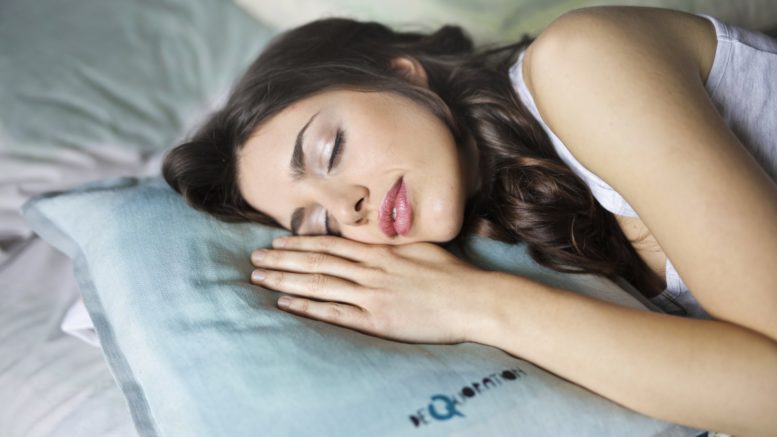If you toss and turn all through the night due to sleeplessness, the next day you feel tired stressed, and irritable. Not sleeping for 8-9 hours makes you feel grouchy and dazed. It affects your mental abilities and even takes a toll on your physical health. You will have numerous health issues if you’re plagued with insomnia and do not address the problem quickly.
According to an article published on the Huffington Post, sound sleep improves your immune system and the lack of it makes you sick frequently. Read on to learn more how sleep deprivation affects your body.
Poor Immunity
Lack of sleep stops your immune system to build power to fight ailments. If you have less sleep every night, your body will fail to fight the disease-causing invaders, thus making your sick. You will also take more time to recover from conditions like fever and cold. Sleep deprivation for a long time leads to serious consequences like diabetes and cardiovascular conditions. Therefore, sleep for at least eight hours every night, which helps your immune system to produce infection-fighting materials such as cytokines to fight viruses and bacteria.
Poor central nervous system
Sleeplessness makes your brain tired quickly and therefore, you cannot do your domestic and professional tasks efficiently. You will face difficulty to focus or learn new things. Lack of sleep takes a toll on your emotional or mental health. You will feel impatient, experience frequent mood swings, and have a problem in making good decisions. Short sleep affects your central nervous system and leads to hallucinations as well. The common symptoms include anxiety, impulsive behavior, feeling suicidal, and paranoia.
You may also experience microsleep, which is dozing off for a couple of seconds without realizing the same. Stop driving if you have microsleeps to avoid accidents or injuries like falls and trips.
Poor digestion
Sleeplessness makes you obese and affects your digestive system. Poor sleep affects ghrelin and leptin, the two hormones that control your appetite or hunger. When you lay awake the whole night, the next morning you feel too tired to work out. Less exercise and physical exertion will make your overweight because you are shedding calories and developing muscles. Insomnia also releases high insulin levels in your body after your meal. Now, insulin helps in controlling blood sugar and higher levels of insulin will result in fat storage and make you susceptible to Type 2 diabetes.
Poor respiratory health
Sleep and your respiratory health are interrelated. If left untreated, it could result in a condition called obstructive sleep apnea that affects your sleep considerably. You remain awake all through the night, thus making you prone to respiratory conditions such as flu and the common cold. Lack of sleep could also make your existing respiratory illnesses aggravate and result in chronic lung disorders.
Therefore, if you feel, you are having flu and cold frequently; you must consult your doctor immediately. If the physician says that you need more sleep than you get now, take his advice seriously. Sleep soundly for eight hours every night for improved respiratory health.
Conclusion
The best solution for sleeplessness is sleeping more. Yes, get enough sleep for 8-9 hours for a healthy body and mind.
